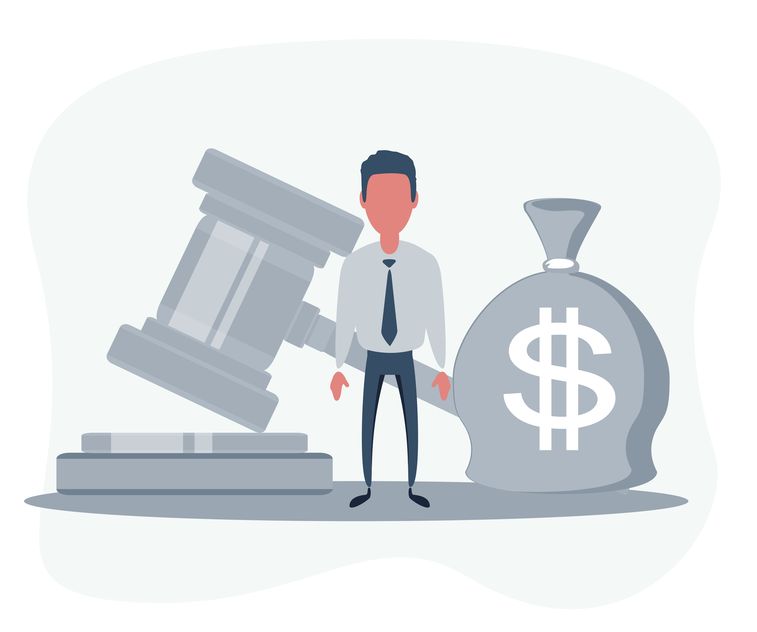Unlike other countries, the American rule on attorneys’ fees is that each party must pay the costs of their attorneys. This means, if you’ve hired an expensive attorney to fight for you, you are obligated to pay his costs. Nonetheless, there are two exceptions to the American rule—the contract and statute exceptions. First, if a prior contract that was made between the parties had an attorneys’ fees clause, then the losing party is expected to pay the winning party’s attorneys’ fees. Lastly, a party is permitted to seek the payment of their attorneys’ fees under Florida’s Deceptive and Unfair Trade Practices Act (FDUTPA). A Miami Business Law attorney can advise you if FDUTPA law applies.
What is the Florida Deceptive and Unfair Trade Practices Act?
Florida’s Deceptive and Unfair Trade Practices Act (FDUTPA) is a private cause of action allowing you to sue someone for unfair trade practices. It is also a mode of obtaining attorneys’ fees from litigation if you are the prevailing party. You can therefore recover actual damages, plus attorneys’ fees and costs. It is important to note that both exceptions to the American rule are in the judge’s discretion. Thus, it is not guaranteed that either exception will apply.
Delineated in Section 501.201 of the Florida Statutes, FDUTPA aims to protect businesses and business endeavors from individuals engaging in unfair practices while conducting trade or commerce. The “trade or commerce” referenced in the statute means the advertisement or distribution of goods and services, and the “unlawful acts and practices” means those that are “unconscionable” and thus unlawful.
Case law has generally defined these deceptive practices as those that mislead consumers and are against public policy. Some common kinds of deceptive practices you might encounter are false advertising, unauthorized charges on your phone bill, receiving a call that your vehicle needs replacement or repair, or even price gouging after an emergency such as a hurricane.
How do I Establish a FDUTPA Claim in Florida?
In order to establish a FDUTPA claim, you must make a showing (1) that a deceptive act or unfair practice occurred, (2) causation, and (3) actual damages. While some courts have said that anybody can bring a FDUTPA claim, others have said only individuals that engaged in a transaction of goods or services may do so.
Establishing (1) that a deceptive act occurred is relatively straight forward. Take, for example, a pharmaceutical company marking their vitamin C capsules as significantly reducing the risk of contracting coronavirus. While this may be hard to believe since there is no sure prevention of the virus besides wearing a mask and washing your hands, this advertisement might cause a portion of the public to believe that the capsule does indeed protect you from the virus. If you can prove that you were indeed caused to believe this, when the vitamin C capsule does not reduce the risk of getting COVID-19, then you have met the first prong of establishing a FDUTPA claim—especially given that misleading advertising is probably the most common form of unfair trade practices.
Proving (2) causation and (3) actual damages is a bit trickier. You would technically need to show that you were harmed by this capsule’s misleading advertising—perhaps you took this as your only protective measure against COVID-19, and you ended up contracting the virus. However, it is more likely that you would not need to show such detrimental reliance on the advertisement for prong (2), and just that it would have misled any reasonable consumer in the circumstances. If you can then prove prong (3), that there is a gap between what was promised and what was received, then you will receive actual damages—the difference between the capsule’s value under the contract and its market value.
However, if you can prove that the capsule is worthless, then the actual damages are equivalent to the purchase price. Additionally, if you would just like injunctive relief rather than damages, you would not need to prove causation or actual damages.






